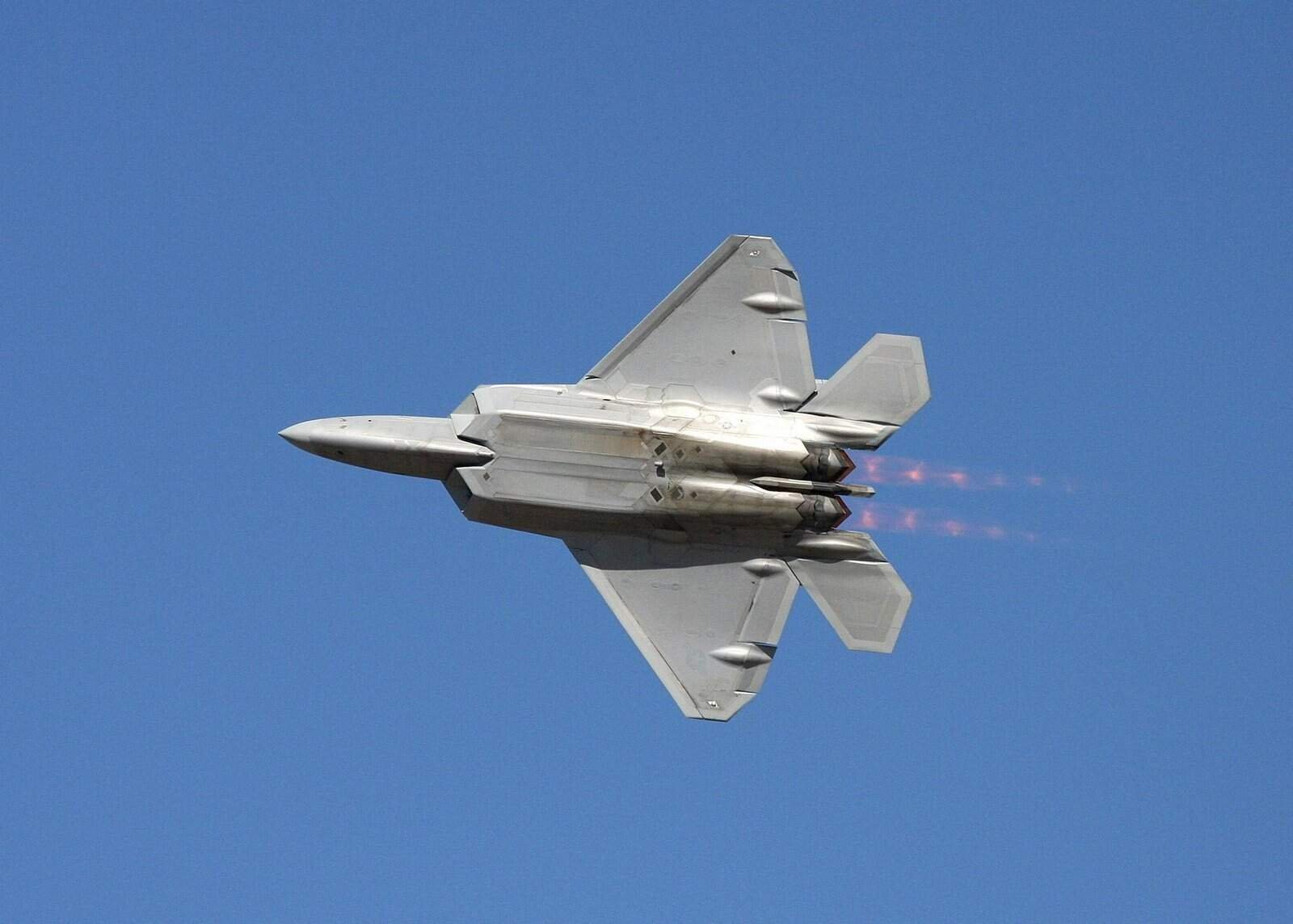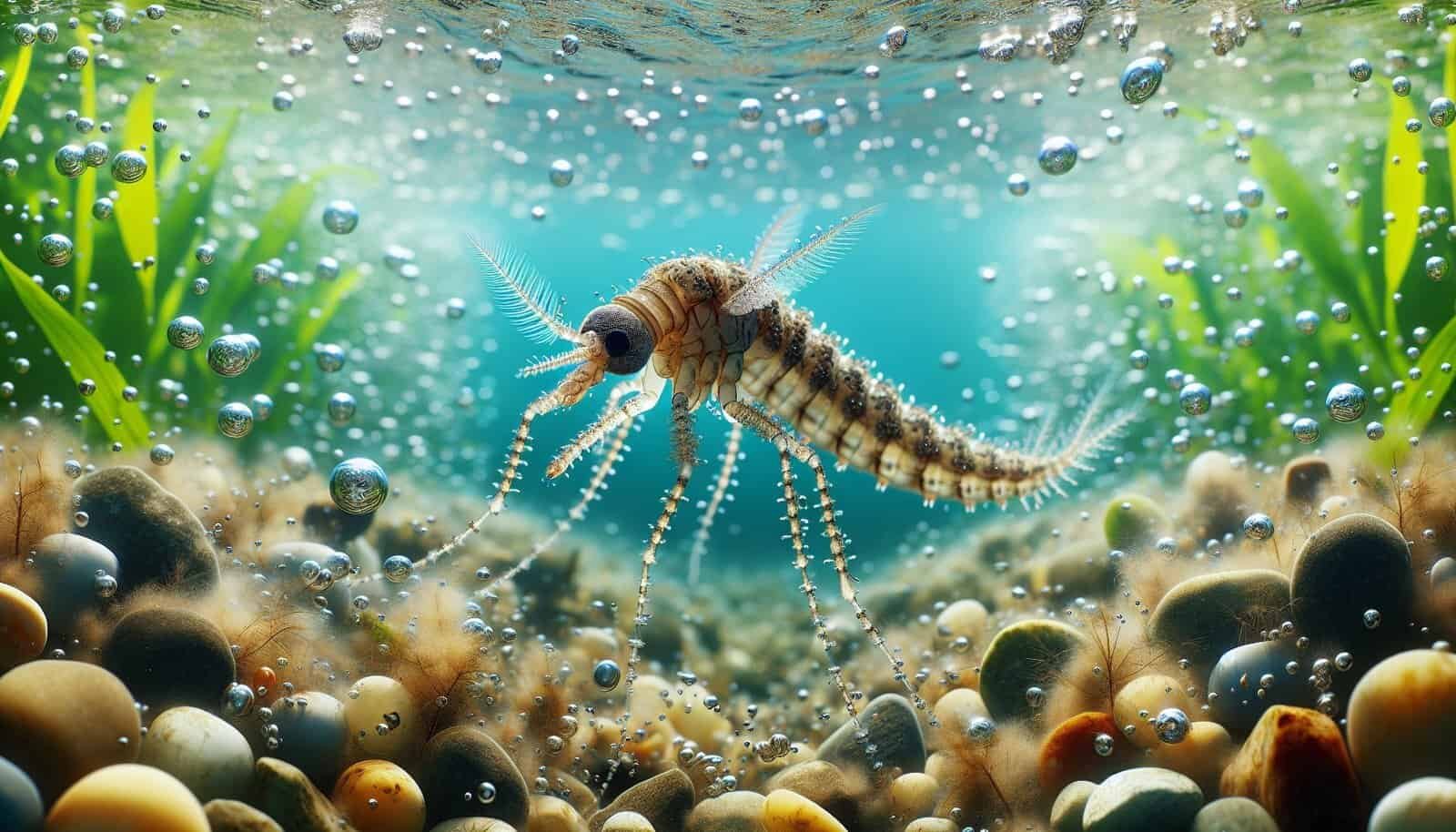Have you ever wondered what might be swimming in your well water? It might surprise you to learn that mosquito larvae can sometimes be a part of what lurks beneath. While it’s easy to overlook or underestimate, understanding the risk of mosquito larvae in well water is important for maintaining safe and healthy water sources. In this comprehensive guide, we’ll explore the potential threats posed by these tiny creatures, what they mean for your health, and how you can effectively manage and mitigate any risks associated with them.

Understanding Mosquito Larvae: The Basics
Mosquito larvae are the immature stage of mosquitoes that live in water. These small, worm-like creatures are frequently found in stagnant water, where they develop into pupae before maturing into adult mosquitoes. Their presence is often considered more than just an annoyance—they can be a substantial health risk.
Life Cycle of Mosquitoes
Understanding the life cycle of mosquitoes is crucial. It involves several stages of development: egg, larva, pupa, and adult. The larvae, commonly referred to as “wigglers,” hatch from eggs laid in water. They breathe through tubes and feed on organic materials and microorganisms. The maturation from egg to adult mosquito can happen in as little as four days, depending on the species and environmental conditions.
Why Mosquitoes Choose Well Water
Wells can become breeding grounds for mosquitoes if they are not properly maintained or protected. Mosquitoes often deposit eggs in stagnant or slow-moving water, and a neglected well can provide an ideal environment. Additionally, natural debris and organic material that accumulate in wells can further encourage the presence of larvae.
Potential Health Risks
The presence of mosquito larvae in well water is more than just a sanitary issue. It poses significant health risks, primarily due to the diseases that mosquitoes can carry.
Diseases Transmitted by Mosquitoes
Though larvae themselves do not spread disease, the adults they develop into can transmit various diseases. Mosquitoes are infamous vectors for diseases such as malaria, dengue fever, Zika virus, West Nile virus, and chikungunya. When mosquitoes breed in your well water, there’s a heightened risk that you might encounter infected mosquitoes in your vicinity.
Risk of Contaminated Water
While larvae don’t directly contaminate water in terms of chemical content, their presence indicates that other harmful microorganisms might have also infiltrated the well. These include bacteria, viruses, and parasites that could pose additional health risks, including gastrointestinal illnesses if the water is consumed without proper treatment.
Factors Contributing to Mosquito Breeding in Wells
Several factors make wells susceptible to mosquito breeding. By understanding these, you can better manage your well to prevent an infestation.
Poor Well Maintenance
A lack of regular inspection and maintenance can lead to structural vulnerabilities in well systems. Cracks or gaps in well coverings allow mosquitoes to enter and lay eggs. Ensuring that the well is sealed and in good repair can make a significant difference.
Stagnant Water Conditions
Mosquitoes prefer stagnant water for breeding. If your well water system does not circulate adequately or if there’s stagnant water on the wellhead, larvae are more likely to thrive. Addressing drainage issues and ensuring dynamic water flow are critical steps in prevention.
Organic Debris Accumulation
Leaves, dirt, and other organic materials can accumulate in and around wells, providing nourishment for mosquito larvae. Regular cleaning around the wellhead and water system can help keep this problem in check.
Identifying Mosquito Larvae in Well Water
Detecting larvae in your water well early can help mitigate potential risks before they escalate. There are various signs and testing methods you can use to identify their presence.
Visual Inspection
One of the simplest ways to identify mosquito larvae is through a visual inspection. Look for small, wriggling organisms in collected water samples. They tend to float just below the surface of the water and have a characteristic wiggling motion.
Professional Water Testing
Professional water tests can confirm the presence of mosquito larvae, as well as other contaminants. Testing labs analyze samples for biological, chemical, and physical contaminants, offering a comprehensive understanding of water quality.
DIY Testing Kits
DIY water testing kits can be used for an initial assessment. These kits often provide indicators for bacteria and other impurities that could accompany mosquito larvae, giving you a broader picture of potential contamination.

Preventative Measures
Preventing mosquito larvae from inhabiting your well water can save you a lot of headaches—and potential health risks—down the line.
Regular Maintenance
Adopt a routine maintenance schedule that includes checking for cracks or gaps in the well and making necessary repairs. Ensure the well is properly covered to prevent mosquitoes from entering.
Use of Covers and Seals
High-quality covers and seals are crucial in preventing mosquitoes from accessing your well water. Consider covers made from robust materials that can withstand weathering and that fit snugly to eliminate entry points.
Water Filtration Systems
Installing an efficient water filtration system can help ensure that even if larvae end up in your well, your water remains safe to use. These systems can remove biological contaminants before the water reaches your tap.
Environmental Management
Ensure the area surrounding your well is free of garbage, standing water, and excess vegetation. Organic materials should be regularly cleared away to maintain proper hygiene and deter mosquitoes from nesting.
Treating Water Infected with Mosquito Larvae
If prevention isn’t enough, or if you’ve already identified mosquito larvae in your well water, you’re not out of options. There are effective treatments available to address this issue.
Chlorine Treatment
Chlorinating your well water is one possible method to combat mosquito larvae. Chlorine is effective in killing both larvae and other microorganisms that may be present, ensuring the water is safe for consumption.
Boiling Water
Boiling is a simple and effective method to ensure your water is free from contaminants, including mosquito larvae. A rolling boil for at least one minute is usually sufficient to kill bacteria and larvae.
Commercial Larvicides
Larvicides are chemicals specifically designed to eliminate mosquito larvae. They can be used in conjunction with other methods, but should be applied cautiously to avoid unintended contamination of your water supply.

Sustainable Practices for Long-Term Solutions
Secure, mosquito-free well water isn’t just about quick fixes—incorporating sustainable practices can provide you with long-term peace of mind.
Integrated Pest Management (IPM)
IPM utilizes an environmentally considerate strategy combining biological, cultural, and mechanical tools to manage pest populations. This approach involves the use of larvivorous fish or other natural predators to control mosquito larvae populations.
Community Engagement
As well water is often a shared resource, engaging with your community in regular water quality checks and maintenance can be beneficial. Collective efforts can lead to more comprehensive solutions and reduce the overall risk of contamination.
Education and Awareness
Educate those around you—including your family and community—about the risks associated with mosquito larvae and the importance of well maintenance. Awareness is a powerful tool against the health risks posed by these pests.
Conclusion
The presence of mosquito larvae in well water is a risk that, while daunting, can be effectively managed with proper knowledge, vigilance, and action. Through understanding their life cycle, recognizing potential health risks, and taking active steps in prevention and treatment, you can protect your well and ensure a safe water supply. Making informed choice leads to healthier communities and a greater awareness of our natural world, so it’s essential to take this issue seriously and act accordingly.

